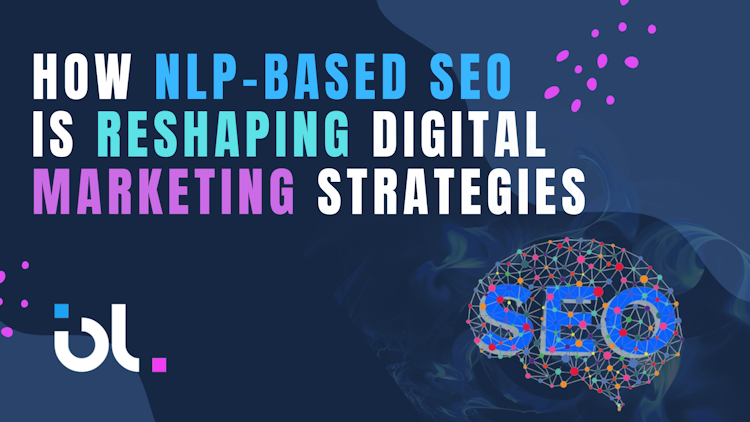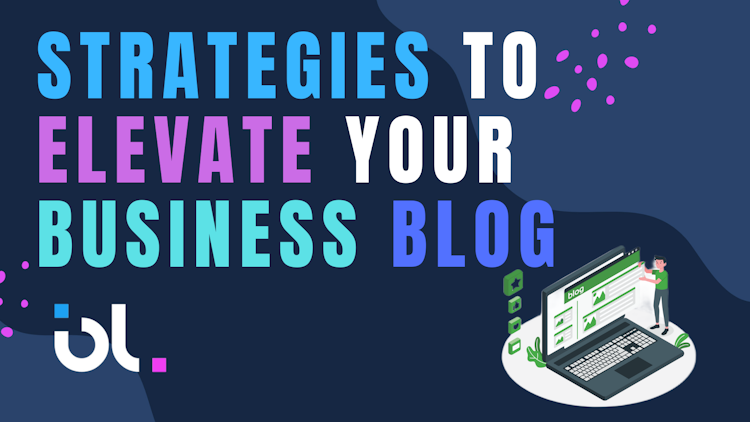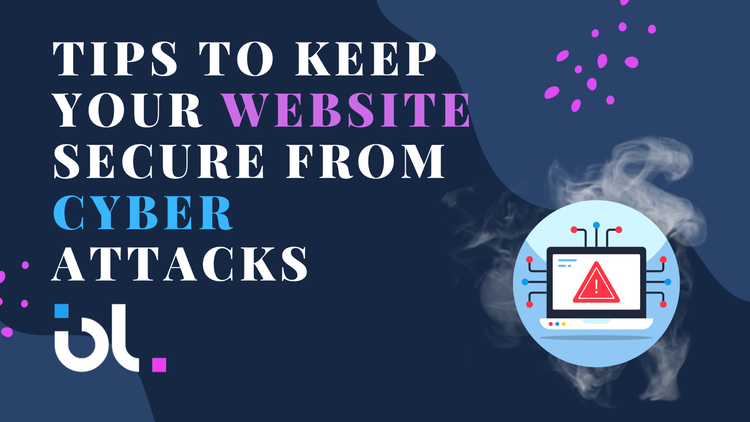Cybercriminals are always developing new tactics to gain unauthorized access to websites and exploit security vulnerabilities. From malware and viruses to hacking attempts and phishing attacks, website owners need to be vigilant and proactive in safeguarding their websites from these threats.
In this blog post, we will explore some essential measures that website owners can take to shield their websites from cyber threats and prevent them from becoming victims of malicious activities. These measures will help you secure your website and protect your customers’ data, ensuring that your website continues to operate efficiently and safely.
Whether you’re running a small business website or a large e-commerce platform, website security should be a top priority. By taking proactive steps to protect your website, you can prevent cyber attacks and ensure that your website remains safe and secure for you and your customers.
So, let’s dive in and explore some essential measures that website owners can take to safeguard their websites from potential cyber threats.
1.Keep Your Software Up to Date
One of the most important things you can do to protect your website from cyberattacks is to update any software the site uses. Cybercriminals are always looking for vulnerabilities in outdated software, making it easier for them to gain unauthorized access to your website.
It is essential that you always use the most recent version of the software you are running, regardless of whether you are using a content management system (CMS) such as WordPress, Magento, or Ghost. Regular updates are released by software developers in order to address security flaws, enhance existing functionality, and introduce new features.
Failing to update your software leaves your website open to potential security risks, which could result in a data breach, malware infection, or other malicious activities. Apart from the core software, it’s crucial to keep all your website’s plugins, themes, and other components up to date. Moreover, these parts may include security flaws that might make them an easy target for hackers. The danger of a security breach may be minimized by keeping them up to date with the latest patches and fixes.
Fortunately, most CMS platforms provide automatic updates for plugins, themes, and core software, making it easy to keep everything up to date. However, if you’re using a custom-built website or an older version of a CMS that doesn’t provide automatic updates, you’ll need to manually update your software regularly.
2.Use Strong Passwords and Multi-Factor Authentication
One of the most important things you can do to protect your website from cyberattacks is to implement robust security measures like multi-factor authentication and the use of strong passwords. Cybercriminals will have an easier time gaining illegal access to your website if you choose passwords that are simple and easy to guess. Multi-factor authentication adds an extra layer of security to your login process, making it more challenging for cybercriminals to gain access to your website.
When creating passwords, make sure to use a combination of uppercase and lowercase letters, numbers, and symbols. Avoid using easily guessable words or phrases, such as your name, date of birth, or commonly used passwords. Also, don’t reuse the same password across multiple websites, as it makes it easier for cybercriminals to gain access to all your accounts if one of them is compromised.
To further strengthen your login procedure, use multi-factor authentication, which calls for the user to provide not one, but many, different pieces of identification. In most cases, this will include two factors: something you know (like a password) and something you have (such as a code generated by an app or a text message). That way, if a hacker gets a hold of your password, they still won’t be able to access your account unless they also have access to your secondary means of authentication.
Most CMS platforms and web hosting providers offer multi-factor authentication options, which are easy to set up and use. Additionally, many third-party authentication apps like Microsoft Authenticator, Duo, and 2FAS are available for use, adding an extra layer of security to your login process.
3.Install SSL Certificates
Installing SSL certificates is another critical step that website owners can take to secure their websites from potential cyber threats. SSL certificates encrypt the data that passes between the user’s browser and the webserver, ensuring that any sensitive information, such as login credentials and financial information, remains secure.
Data exchanged between a user’s browser and a web server without an SSL certificate is delivered in plaintext and may be easily intercepted and read by hackers. This puts users at risk of data theft and can also result in negative consequences for the website owner.
In addition to providing encryption, SSL certificates also authenticate the website’s identity, ensuring that users are connecting to the correct website and not a fraudulent one. When users see the padlock symbol or “https://” in their browser’s address bar, they know that they’re connecting to a secure website that has been authenticated.
Several web hosting companies provide SSL certificates as a part of their hosting packages, making the installation of an SSL certificate a simple and inexpensive process. Additionally, many third-party SSL providers, such as OpenSSL and Namecheap SSL Certificates, offer free and low-cost SSL certificates that are easy to install.
4.Back Up Your Website Regularly
Taking frequent backups of your website is another important step in protecting it from predators. Cybercriminals can use various techniques to compromise your website, including malware injection, SQL injection attacks, and phishing attacks. In case of a successful attack, you could lose valuable data, including customer information, website content, and website files.
It is essential to do regular backups of your website in order to guarantee that you will be able to restore both your website and any data it contains in the event that it is compromised or your system fails. Regular backups can help you restore your website to its previous state before the attack, minimizing the damage caused by the attack.
There are various backup options available for website owners, including manual backups and automated backups. Manual backups involve manually creating a backup of your website’s files and databases, typically through the cPanel of your web hosting provider. Automated backups are created automatically on a schedule, typically daily or weekly, and are stored in a remote location.
It is important to think about how often you’ll be making backups, where those copies will be kept, and how you’ll be able to access them again after a disaster. Backup frequency is essential, as it determines how often your data is backed up, while the storage location determines how secure and accessible your backups are. The restoration process determines how easy it is to restore your website in case of an attack or system failure.
Always verify the integrity of your backups by testing them on a regular basis, in addition to doing regular backups. It’s also essential to keep multiple backups of your website in different locations to ensure that you can recover your website in the event of a failure or disaster.
5.Use Website Security Plugins
Using website security plugins is another effective measure to shield your website from hackers and cyber threats. Website security plugins can help you identify vulnerabilities in your website’s code, scan for malware, and block malicious traffic, among other features.
Many different free and commercial plugins may help you strengthen the security of your website. Some popular website security plugins include Plugin Security Scanner, WP Scan, and Malcare Security. These plugins offer various features, including malware scanning, brute-force protection, firewall protection, and two-factor authentication.
Malware scanning is one of the essential features of website security plugins, as it can help you detect and remove malware from your website. Malware can be injected into your website through various means, including vulnerable plugins, themes, and unsecured user accounts. Malware may disrupt the functioning of your website, expose critical information, and put site users in danger.
Another critical feature of website security plugins is firewall protection, which can help block malicious traffic and prevent attacks such as SQL injection attacks and cross-site scripting attacks. Your website may be protected from malicious attacks on its code via a firewall.
Two-factor authentication is another feature that website security plugins offer, which can help protect your website from unauthorized access. By using two-factor authentication, in addition to a username and password, users must also provide a secondary form of authentication, such as a code delivered to their phone.
When choosing a website security plugin, make sure to consider the features offered, compatibility with your website platform, and user reviews. Additionally, make sure to keep your website security plugin updated to ensure that it’s up-to-date with the latest security threats.
6.Train Your Employees
Training your employees is an often overlooked but critical step in shielding your website from cyber threats. Training your staff on appropriate practices may help prevent cyber assaults from succeeding, since they are the first line of defense.
Employees can inadvertently cause cyber threats by falling victim to phishing scams, using weak passwords, or sharing sensitive information. Providing regular training on how to identify and avoid these types of attacks can help minimize the risk of cyber threats.
One critical area to focus on when training your employees is phishing attacks. Attacks through phishing emails and websites are conducted with the intention of stealing sensitive information, including login credentials. Phishing emails can be difficult to identify, but regular training can help employees learn how to recognize phishing emails and avoid falling victim to them.
Another area to focus on when training your employees is password security. Hackers often exploit weak passwords to gain access to a website or network by using password cracking software. Teaching your staff how to generate and use secure passwords and providing them with training on how to do so will help avoid successful attacks from cybercriminals.
In addition to training on phishing attacks and password security, it’s also essential to train your employees on how to handle sensitive information. Your employees should know how to handle sensitive information, such as customer data, and should be trained on data protection regulations, such as GDPR or HIPAA.
Establishing a culture of security inside your company may be aided by regular training on cyber vulnerabilities and best practices. It’s also essential to keep your employees up-to-date on the latest cyber threats and provide ongoing training to ensure that they remain vigilant.
Conclusion
In conclusion, website security is of paramount importance in today’s digital age, where cyber threats are a reality. A website’s reputation, as well as its finances and legal standing, may be negatively impacted by cyber assaults. Therefore, it’s essential to implement the above measures to shield your website from hackers and prevent cyberattacks.
Keeping your software up to date, using strong passwords and multi-factor authentication, installing SSL certificates, backing up your website regularly, using website security plugins, and training your employees on security best practices are all essential steps that website owners can take to secure their websites.
However, website security is not a one-time process. Since cyber dangers are always developing and growing, website owners need to be watchful and proactive in defending their websites against prospective assaults. Regular security checks, updates, and monitoring are critical to ensuring your website remains secure.
Remember, a single cyber attack can damage your website’s reputation and result in significant financial losses. Therefore, investing in website security is not an expense but a critical investment in your business’s longevity and success.
If you’re unsure about where to start with securing your website or need help implementing these measures, don’t hesitate to contact us for a free consultation. Our team of experts can help you assess your website’s security needs and recommend the best solutions to keep it safe and secure.




